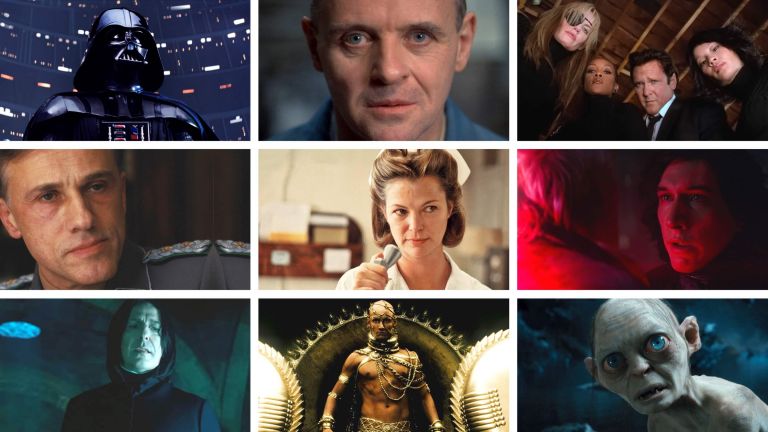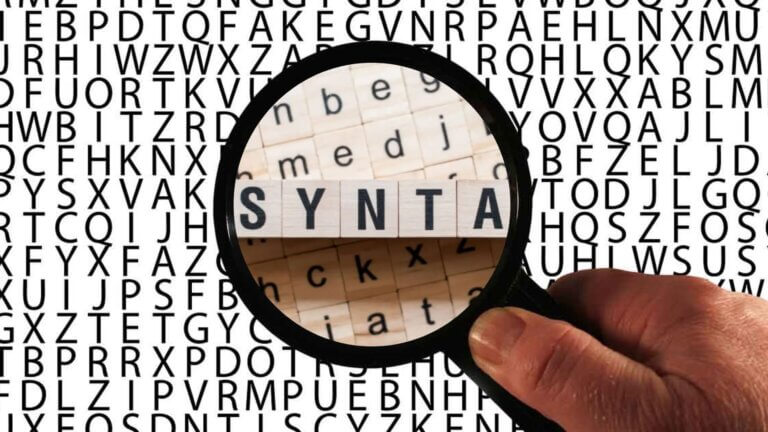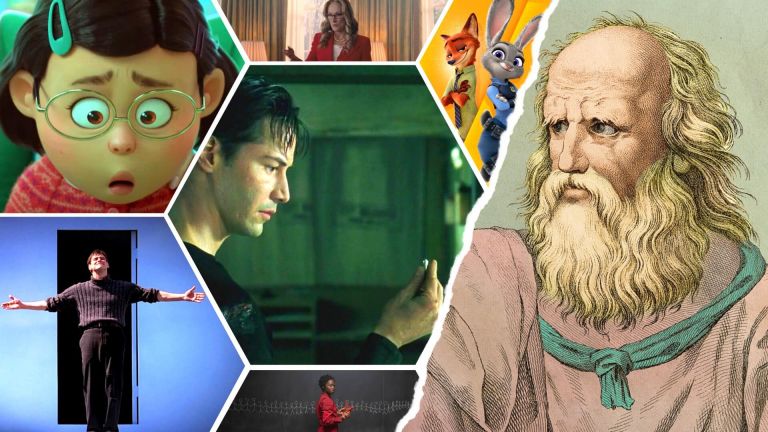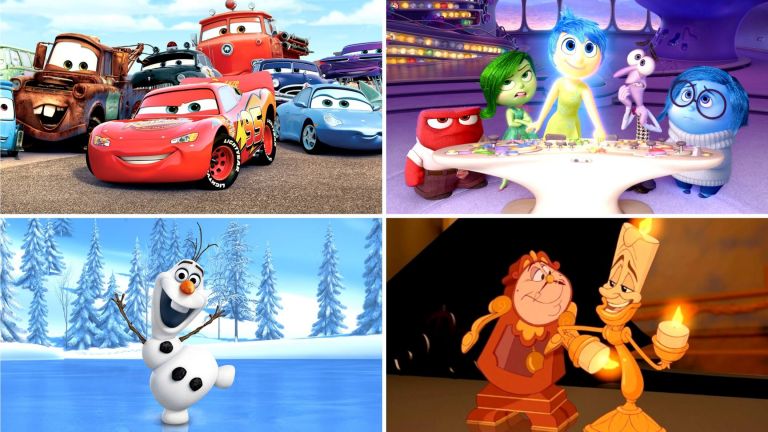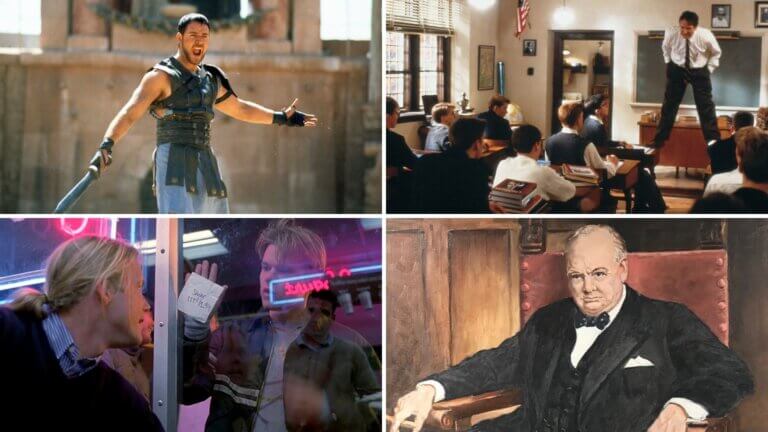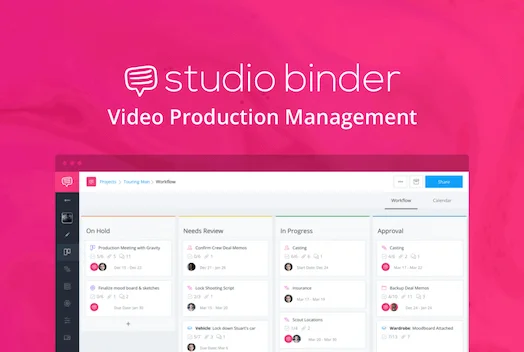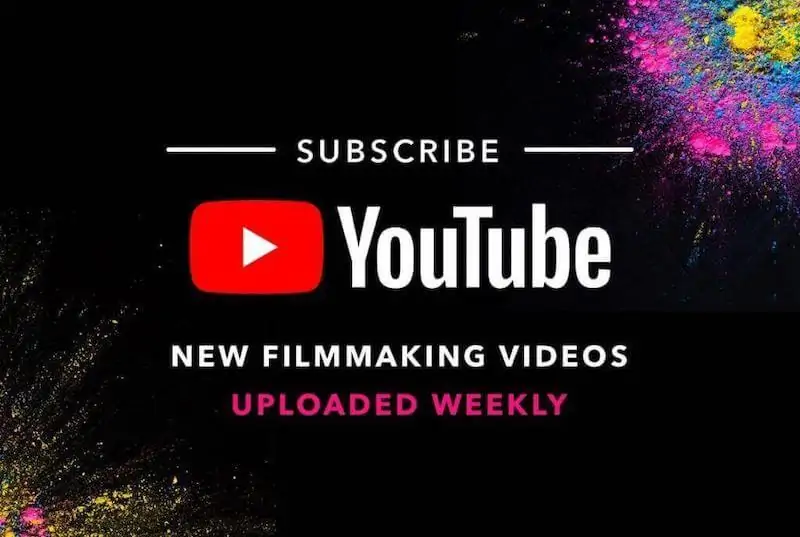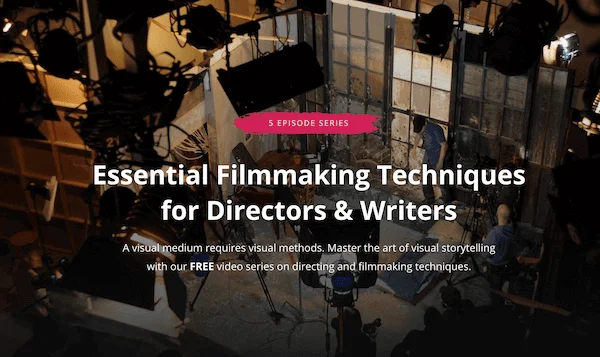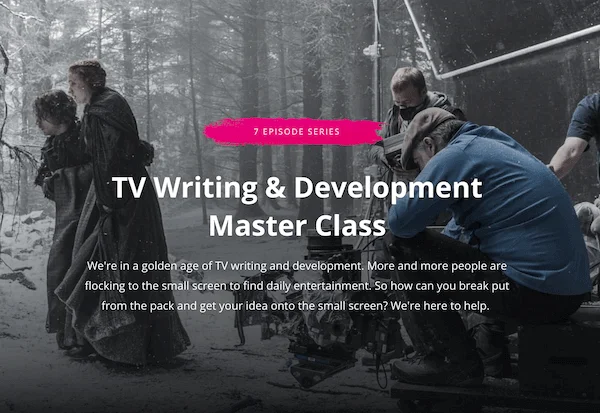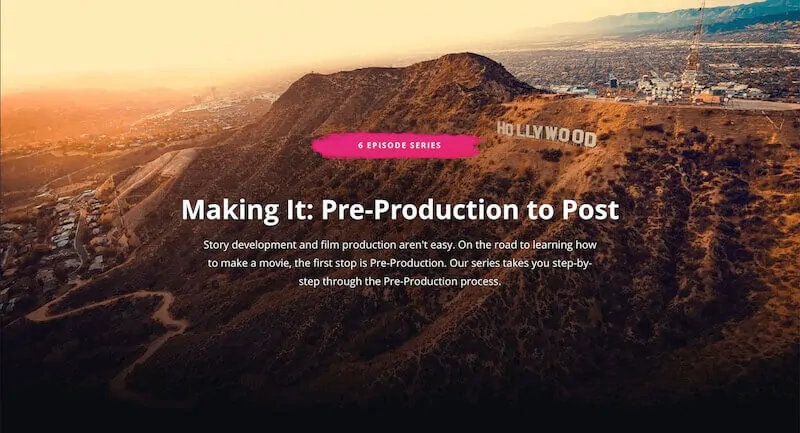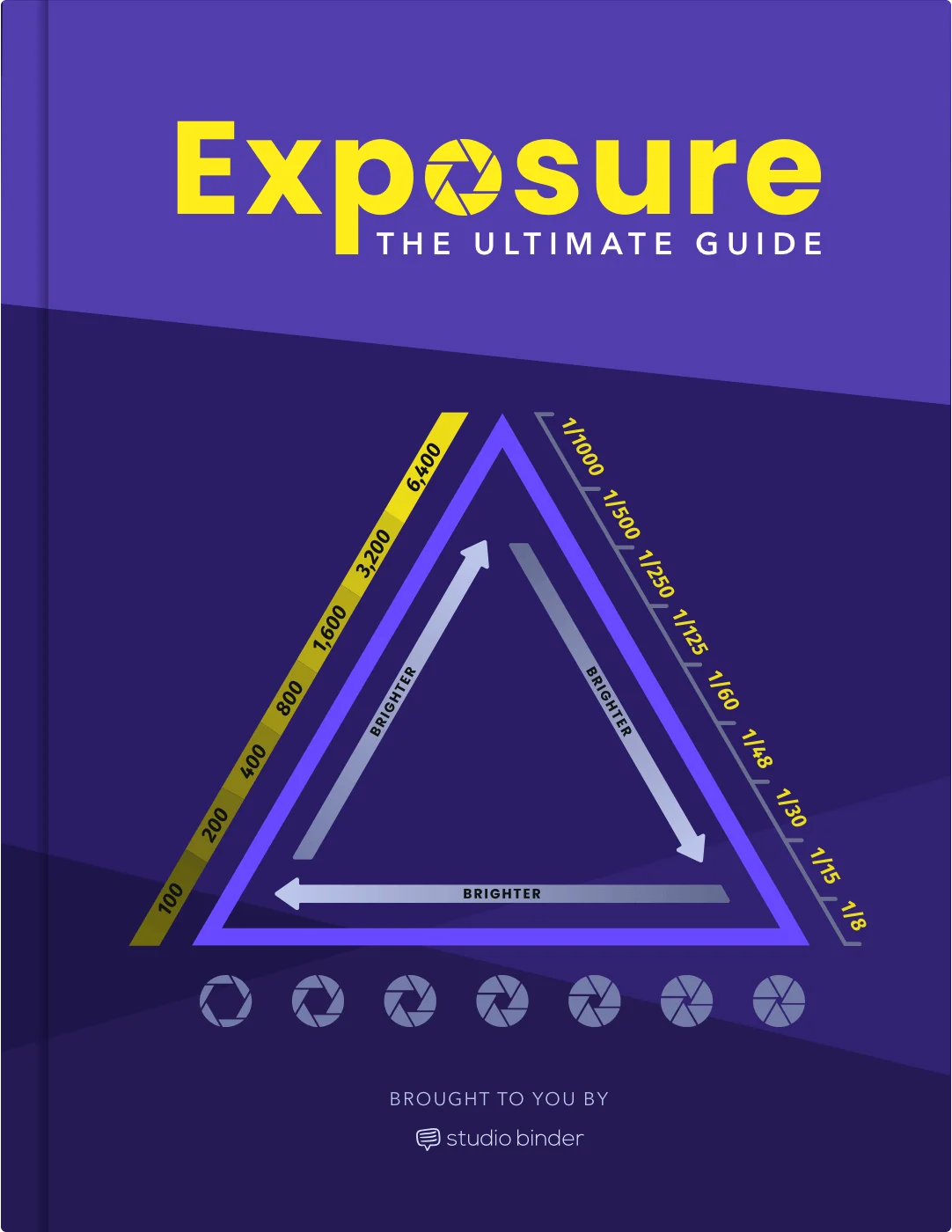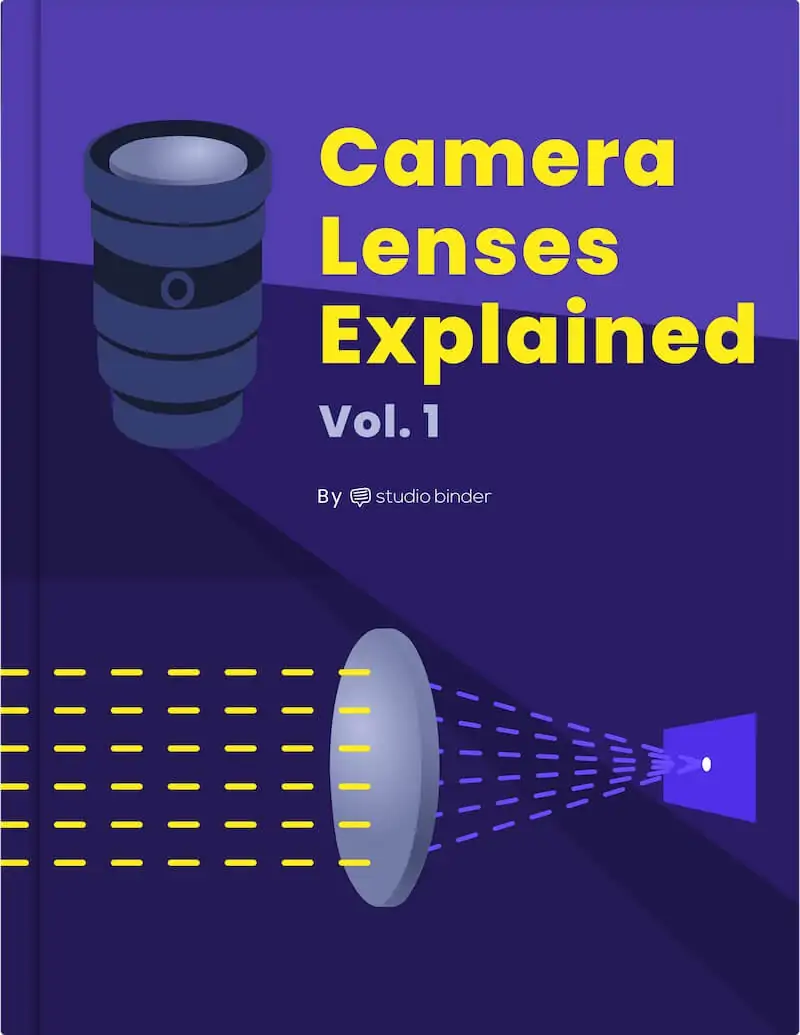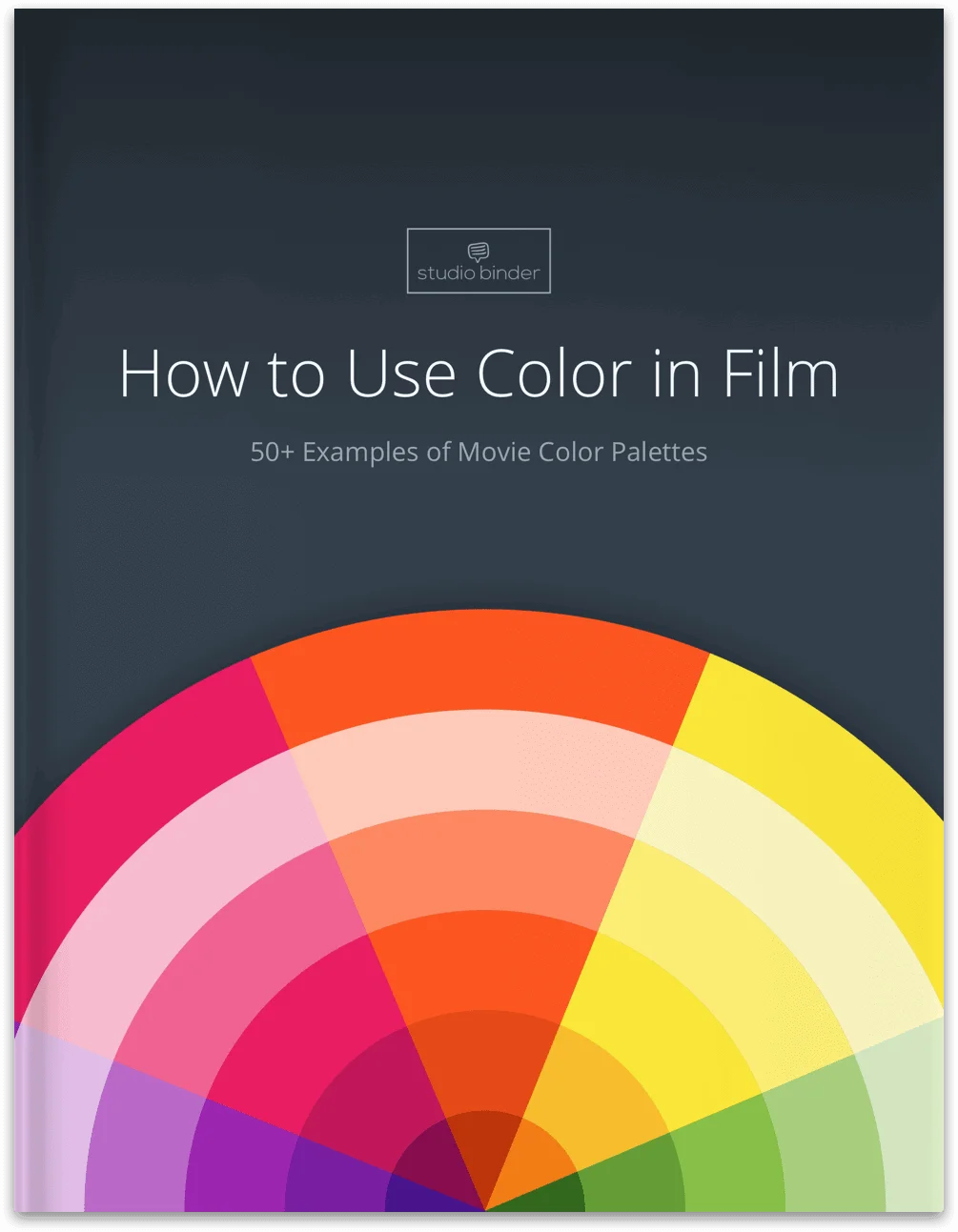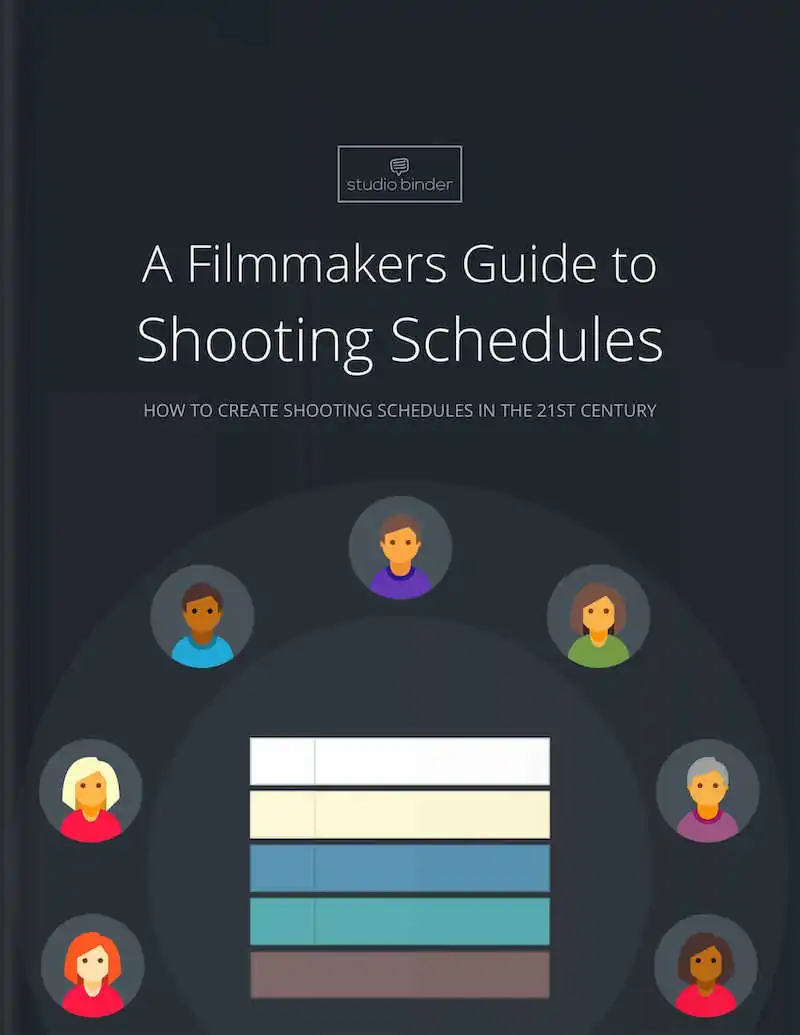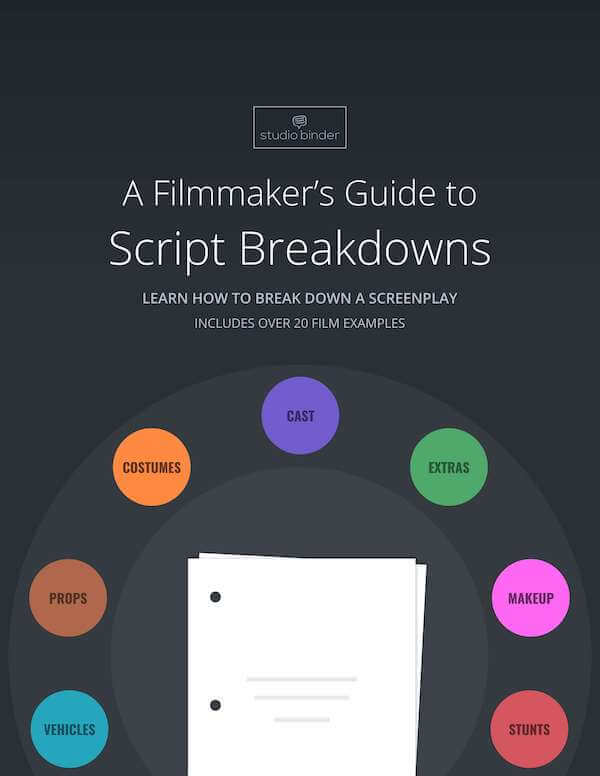What is an antagonist? The simplest explanation is that an antagonist represents the opposite of the protagonist. But there’s much more to the term than that. They are the source of conflict in a story — and if you know anything about storytelling, you know that conflict is necessary. So, by understanding how antagonists are used in storytelling, we’re better equipped to handle story conflict in our own writing. In this post, we’ll cover all the different antagonistic forces a writer can choose from, how they work, and how to decide which one works best for your next story.Continue reading…
Syntax is something we use everyday, whether we are writers or not. In everyday speech and across all languages, the way we order words in a sentence dictates how the sentence will be understood by others. How does this affect your writing? Keep reading to find out. Continue reading What is Syntax — Definition, Examples & Why It Matters
In any story, drawing comparisons helps the audience connect new ideas to familiar concepts. One of the best tools for this is the simile. But what is a simile, and why is it so effective? Writers and filmmakers use similes to enrich dialogue, deepen character understanding, and add texture to themes, making storytelling more immersive. Understanding the meaning of simile and its role in writing is essential for any storyteller. If you’ve ever asked, “What is a simile?” This guide will walk you through both the definition and its creative applications. Before diving into examples, let’s first define simile and…
Dramatic irony is one of the three main types of irony. Like verbal and situational irony, dramatic irony is an integral element of storytelling. The power a writer or director can yield with a firm grasp of dramatic irony is huge. But what is dramatic irony and how does it work?In this article, we’re going to define dramatic irony. We will also discuss the stages of dramatic irony and a subtype called tragic irony. By the end, you'll know how to implement dramatic irony in your own works.Continue reading What is Dramatic Irony? Definition and Examples
Situational irony is a broad term with near-endless applications. At a fundamental level, every story has some aspect of situational irony – which means that it's a key component of storytelling. But what is situational irony? We’re going to define situational irony by looking at situational irony examples in film and TV. By the end, you’ll understand how situational irony works – and how d you’ll be able to add intrigue and complexity to your storytelling.Continue reading What is Situational Irony? Definition and Examples
Verbal irony is the most common type of irony because it’s tied directly to language – which we use every day. But what is verbal irony exactly and what are its different subtypes? We’re going to answer those questions by exploring how verbal irony can add depth and complexity to dialogue and, by extension, characters. In this article, we’re going to define verbal irony; including the different ways it can be used in screenwriting.Continue reading What is Verbal Irony? Definition and Examples
We encounter irony every day: in our favorite movies, TV shows, and in our own lives. Most people have a general understanding of irony but there are also a lot of misconceptions about it. For example, were you aware that there are 3 different types of irony?In this article, we're going to define irony in all its variations. Whether you're writing a short story or a screenplay, irony can be a powerful storytelling tool. You'll be able to recognize the different types of irony and understand how they work. The next step is to carry this understanding straight into your…
What is an allegory? An allegory is an important part of a symbolic story. Many of us have heard the term used when describing literature or film, but how do we know what it means? We’re going to get to the bottom of those questions by looking at famous examples. But first, let’s define allegory through exploring its etymology.Continue reading What is an Allegory? Definition and Examples
Have you ever read a story or novel where the words jumped off the page? It could have been due to personification. In fact, that first line you just read was an example of personification. Personification is an incredibly useful literary device that is used in sophisticated literature as well as everyday language. So what is personification, and how can it be used?Continue reading What is Personification — Definition and Examples
Hypophora is a powerful rhetorical device that captures attention, stokes curiosity, and guides the audience in thinking in a particular direction. Its application spans various fields, from literature and public speaking to advertisement and beyond. But, what is hypophora and how does it differentiate itself from other rhetorical devices, such as the rhetorical question?Continue reading What is a Hypophora — Definition and Examples in Writing
